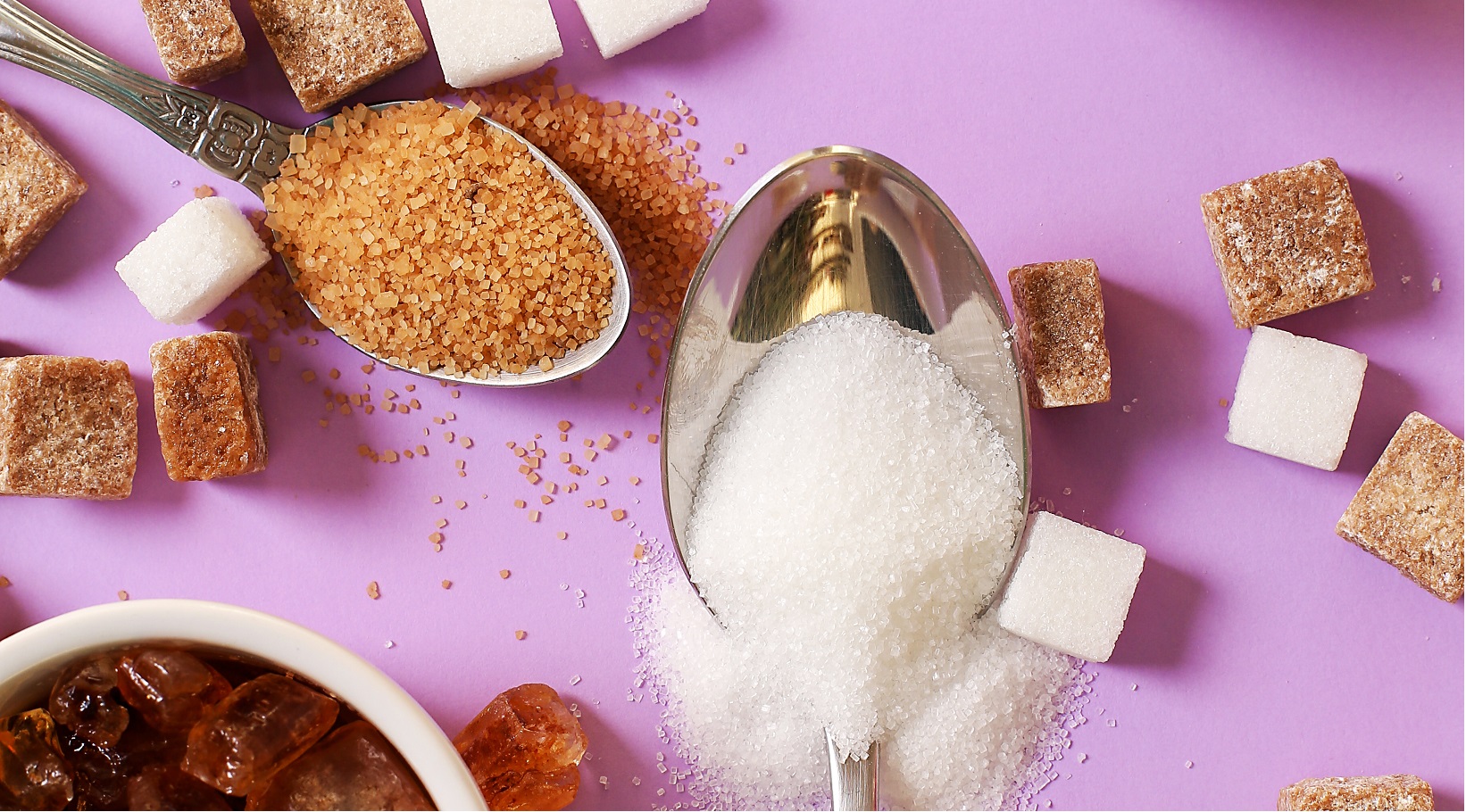Call Ahead Care Line: (281) 783-8162

The impact of artificial sweeteners on blood sugar levels remains a subject of ongoing research and debate within the scientific community. Here’s what we know!
Artificial sweeteners are widely used as sugar substitutes by individuals seeking to manage their blood sugar, particularly those with diabetes or individuals striving to reduce calorie intake. These sugar substitutes, such as aspartame, sucralose, and saccharin, are known for their intense sweetness, often hundreds of times sweeter than sugar, and they are typically non-caloric or have minimal caloric content.
While artificial sweeteners themselves do not significantly raise blood sugar levels because they are not metabolized in the same way as sugars, some studies have suggested that artificial sweeteners may trigger a sweet taste perception, leading to increased cravings for sugary foods and potentially contributing to overeating, which could ultimately affect blood sugar control. Additionally, artificial sweeteners might impact gut microbiota composition, potentially influencing glucose metabolism.
Artificial sweeteners are often considered as valuable tools for managing diabetes. People with diabetes have to monitor their blood sugar levels closely and make dietary choices that help keep those levels within a healthy range. Artificial sweeteners can offer several benefits in this context:
People with diabetes or those trying to manage their blood sugar should consider their individual responses to artificial sweeteners and consult with healthcare professionals for personalized guidance.
Keep Reading: Is Sugar As Addictive As This Common Illegal Drug?
We improve our services by using Microsoft Clarity to see how users interact with our website. By using our site, you agree that we and Microsoft can collect and use this data.